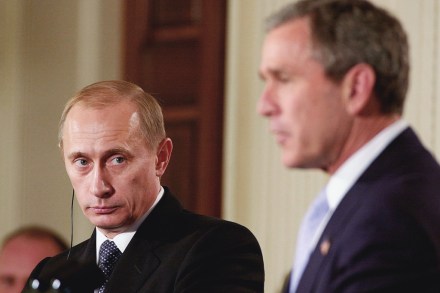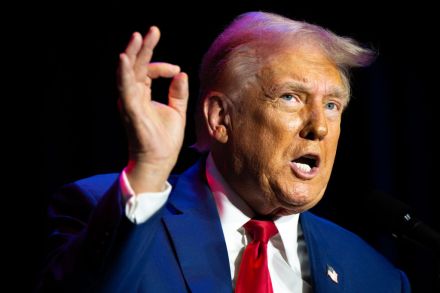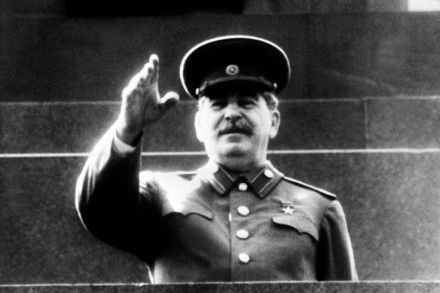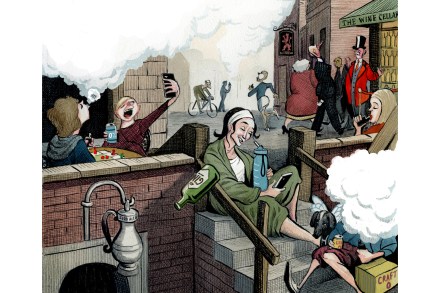It makes perfect sense for Putin to befriend America
Would it really be strange if Vladimir Putin started playing off America against China in geopolitics? If he had greater vision, he would have been doing this in all those years when he fulminated against the US as the global Satan. I wrote about this in 2019 in my book Kremlin Winter as evidence of his long-term

















